FORT CARSON, Colo.-The Fort Carson Soldier Readiness Center staff provides a comprehensive medical screening to every Soldier they see, paying close attention for any symptoms of traumatic brain injury or post-traumatic stress disorder.
But, they also take the time to address every medical concern each Soldiers presents, said Col. Heidi Terrio, SRP deployment health chief.
"If (a Soldier) has an acute issue it's handled the same day," she said. "If they have a chronic issue, it's translated into a profile and is immediately tracked by a case manager. So nobody gets dropped; you either get it treated today or treated tomorrow."
She said the SRC handles 80 percent of the consults the day of the visit and an "open access standard" with Evans Army Community Hospital ensures Soldiers are seen at specialty clinics within three days.
The SRC staff has provided a comprehensive medical screening to the more than 120,000 Mountain Post warriors who walked the hallways of the Soldier Readiness Processing site in the past three years, Terrio said.
"Multiple deployments take their toll over time," she explained. "That's why it is so important for us to conduct a comprehensive review on every Soldier."
"We're here for the Soldiers," said Alden Prowell, SRP medical operations director. "We're Soldier advocates and it's our job to ensure if there is anything mentally or medically wrong with them, we capture it and we treat it."
Soldiers receive audiology, optometry, behavioral health and traumatic brain injury screenings along with a primary care provider and medication review each time they report to the SRC, which can be up to four times a year. The SRC conducts pre- and post-deployment assessments, a post-deployment reassessment 90-180 days upon return, and an annual periodic health assessment.
Terrio said the interdisciplinary approach provides a "safe, efficient and comprehensive" assessment that ultimately helps them determine if the Soldier is fit for duty.
She noted the assessment begins in theater as the brigade surgeon identifies high-risk behavioral health issues, TBI and muscular-skeletal injuries.
The findings during the various SRP screenings are shared with the unit surgeon, who is on site during the process.
"If their doc is not aware of an issue, we bring them a copy of the profile so they can validate the issue," Prowell said. At the end of each day, the SRP provides the unit doctors with a detailed printout of all the nondeployable issues, medical or mental health, so the unit can track them.
"(The SRP process) helps us to identify any medical issues -- physical or psychiatric -- going on with our Soldiers that would make them less effective downrange or potentially affect them while they are deployed," said Capt. Joe Mazzoncini, brigade surgeon, 4th Brigade Combat Team, 4th Infantry Division, March 9 during his unit's pre-deployment screening.
A comprehensive process is in place to help providers determine if a Soldier has sustained a TBI. Prior to deploying, Soldiers complete the automated neuropsychological assessment metric, which helps determine a Soldier's baseline. The military acute concussion evaluation is used in theater.
Prior to reporting to the SRC for the post-deployment health assessment, Soldiers are administered the Warrior Administered Retrospective Casualty Assessment Tool, a computer-based, structured clinical interview which is the gold standard for TBI, Terrio said.
"We're trying to establish if (the Soldier) had an injury event, and during the event did they have an alteration in consciousness," Terrio said. The WARCAT also catches all significant injuries Soldiers sustained during the deployment. She explained it is common for Soldiers to want to stay in the fight and not admit they need to be seen at the battalion aid station.
"(Soldiers are) the cream of the crop," Terrio said. "How many other people in the world would sacrifice their life for their country' Sometimes we have to pull teeth to get them to admit they have something wrong with them."
Capt. Brian Soule, 1st Battalion, 68th Armored Regiment, 3rd Brigade Combat Team, 4th Infantry Division, knows many Soldiers don't report medical issues.
"Somebody who was carrying around full battle rattle for 15 months and their knees or ankles are shot ... this is a good place to catch that, document it and make sure they get the help they need quickly," he said March 9 after completing his redeployment screening.
Sgt. Carl Waisanen, 64th Brigade Support Battalion, 3rd Brigade Combat Team, 4th Infantry Division, agrees.
"The stuff they do here is very important," he said. "Soldiers aren't going to think about themselves, their bodies and their stability. You are still trying to transition from a combat environment to home time. You are not going to be thinking about a hurt knee."
Terrio said it is important that the SRC process capture the Soldier's story in their first three-five days back.
"That's when you get the honest truth," she said. "They might not have realized they had alteration in consciousness or that they were even injured. We may find that blast injury manifests in some long-term disorder in 20 years, so it is best to capture the history of such an event."
The post-deployment health re-assessment, which occurs 90-180 days after a Soldier's return, provides an opportunity to re-evaluate how the Soldier is doing.
"Research has found that we need the PDHRA because a lot of the behavioral health issues don't come out until (Soldiers) have a chance to reintegrate," Terrio said.
Additionally, during the PDHRA, the SRP staff re-evaluates 100-percent of the Soldiers who sustained a TBI, based on the WARCAT and clinical interview.
The Soldiers are classified into four categories: had no injury event; had an injury event, but no alteration in consciousness; had an injury event with an alteration in consciousness and some symptoms, but the symptoms have subsided; and had injury event with alteration in consciousness and had symptoms immediately and still today.
Prowell said the standard of care has evolved since the SRC was established in 2001, with one full-time doctor and physician assistant. A medical support unit of about 60 personnel was activated for the SRC for two years until Fort Carson was authorized to hire 46 personnel to staff the site in 2004. The SRC staff is at 83 today, but with recent authorization approval hopes to be at 113, to include two full-time, on-site psychiatrists by August.
"The increased staff will allow us to maintain our capabilities while we increase our capacity," Prowell said referring to the Army restationing the 4th Infantry Division to Fort Carson, a move that brings another 11,000 Soldiers to the Mountain Post.
Prowell said a visit to the SRC can be a long process, but Soldiers are thankful the staff took a detailed look at them.
"Even though it took four-five hours, they're happy that we are capturing this (data) and taking the time documenting and addressing their issues," he said.
Mazzoncini said the Fort Carson SRP is probably the most comprehensive in the Army.
"They really strive to make it full-service and help eliminate unnecessary delays by having the various providers (orthopedics, dental, physical therapy, etc.) on site," he explained. At an older-style SRP a Soldier might have "been no-goed" for five issues and spent the next two weeks trying to arrange appointments to get everything cleared, he said, but "here they're all taken care of by the time the day is over."
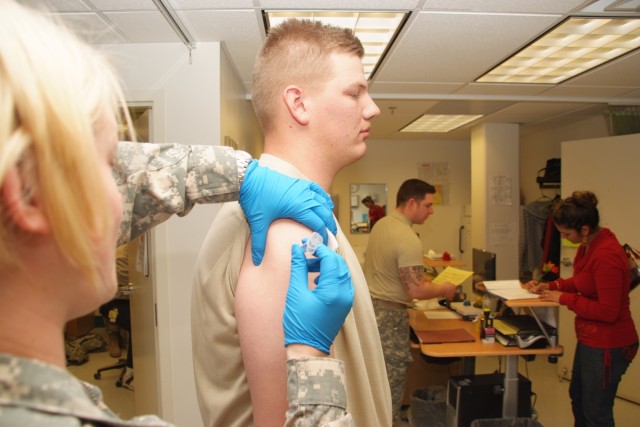

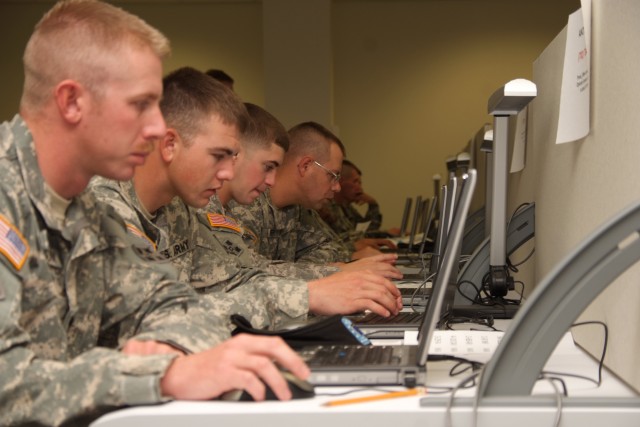
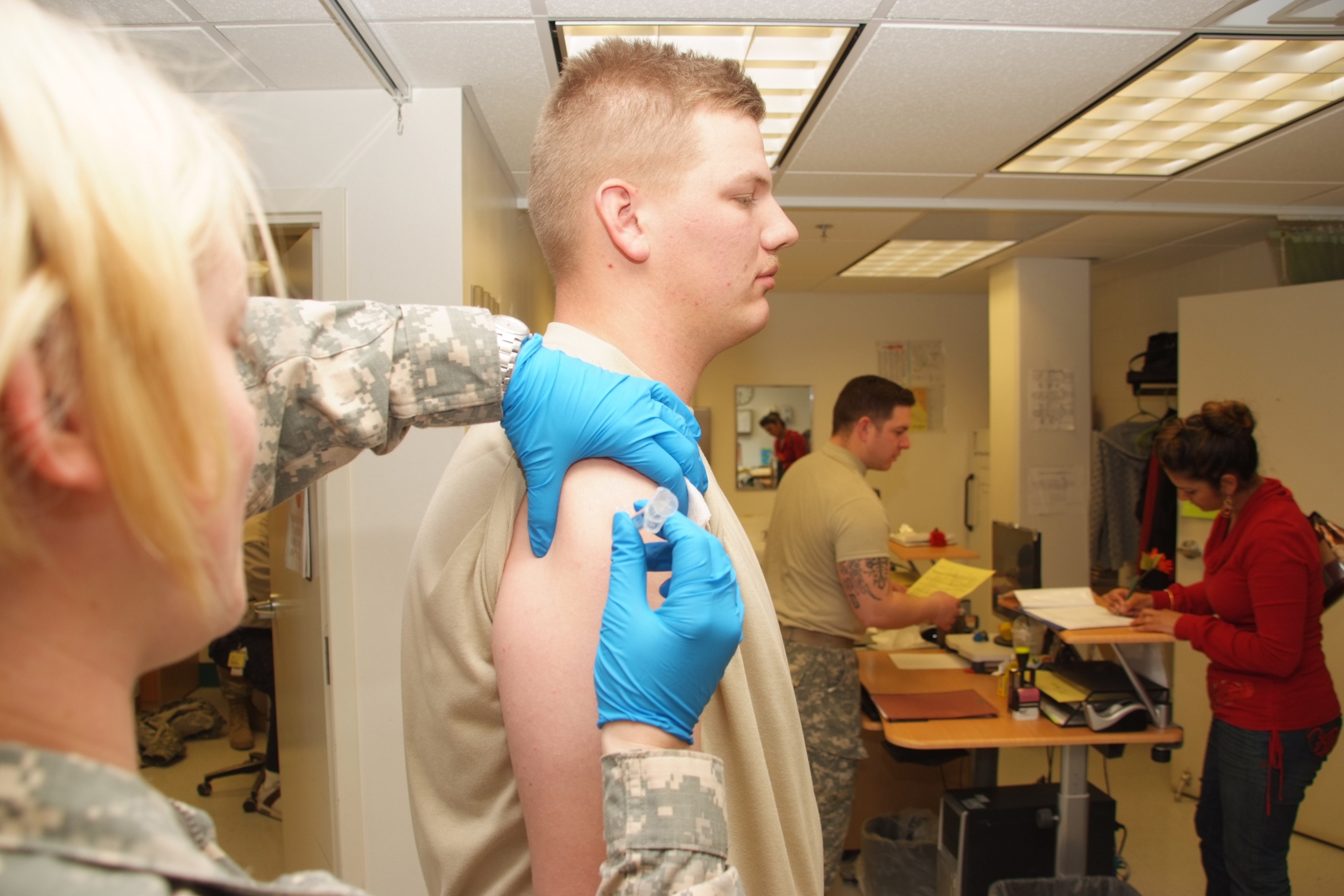
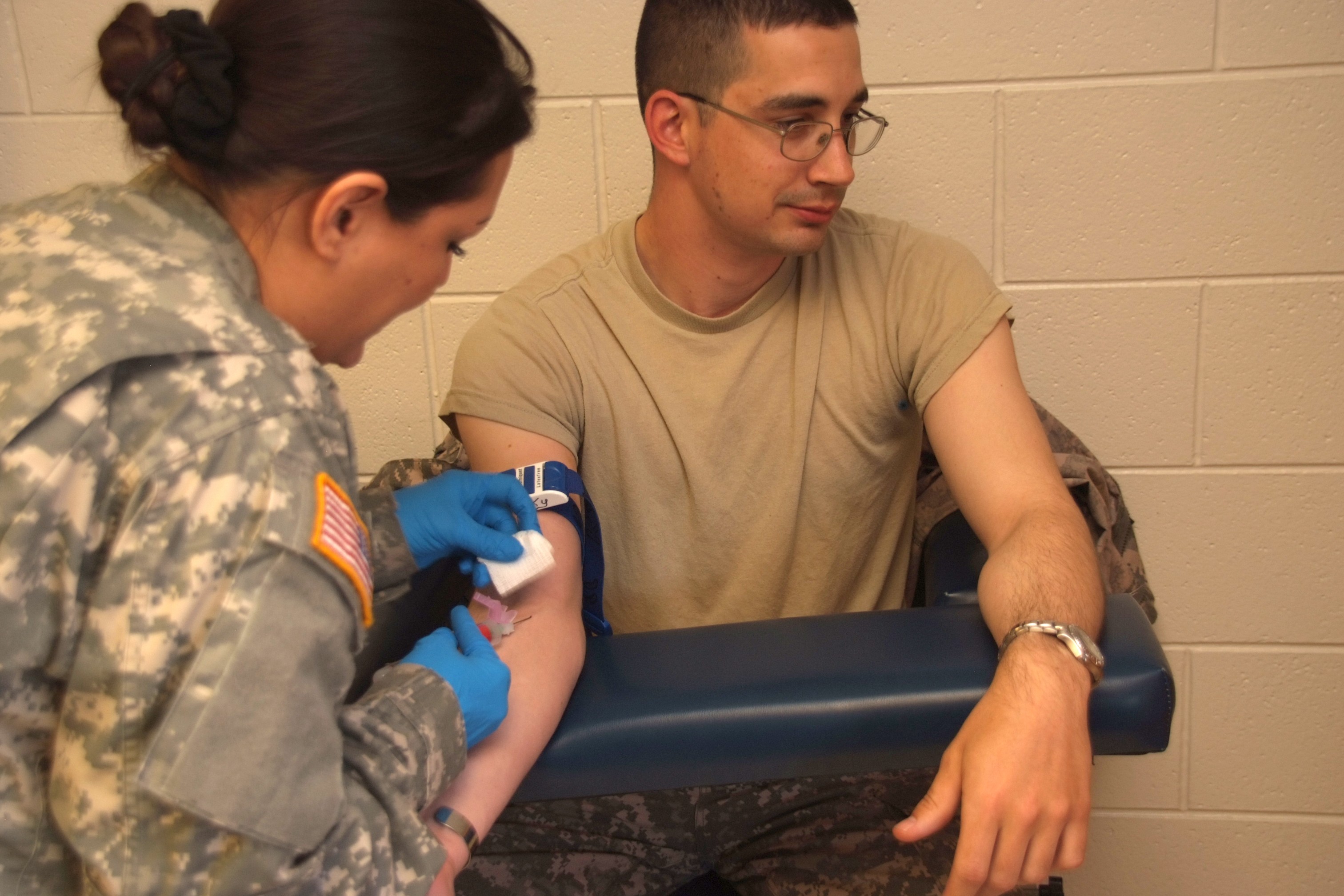
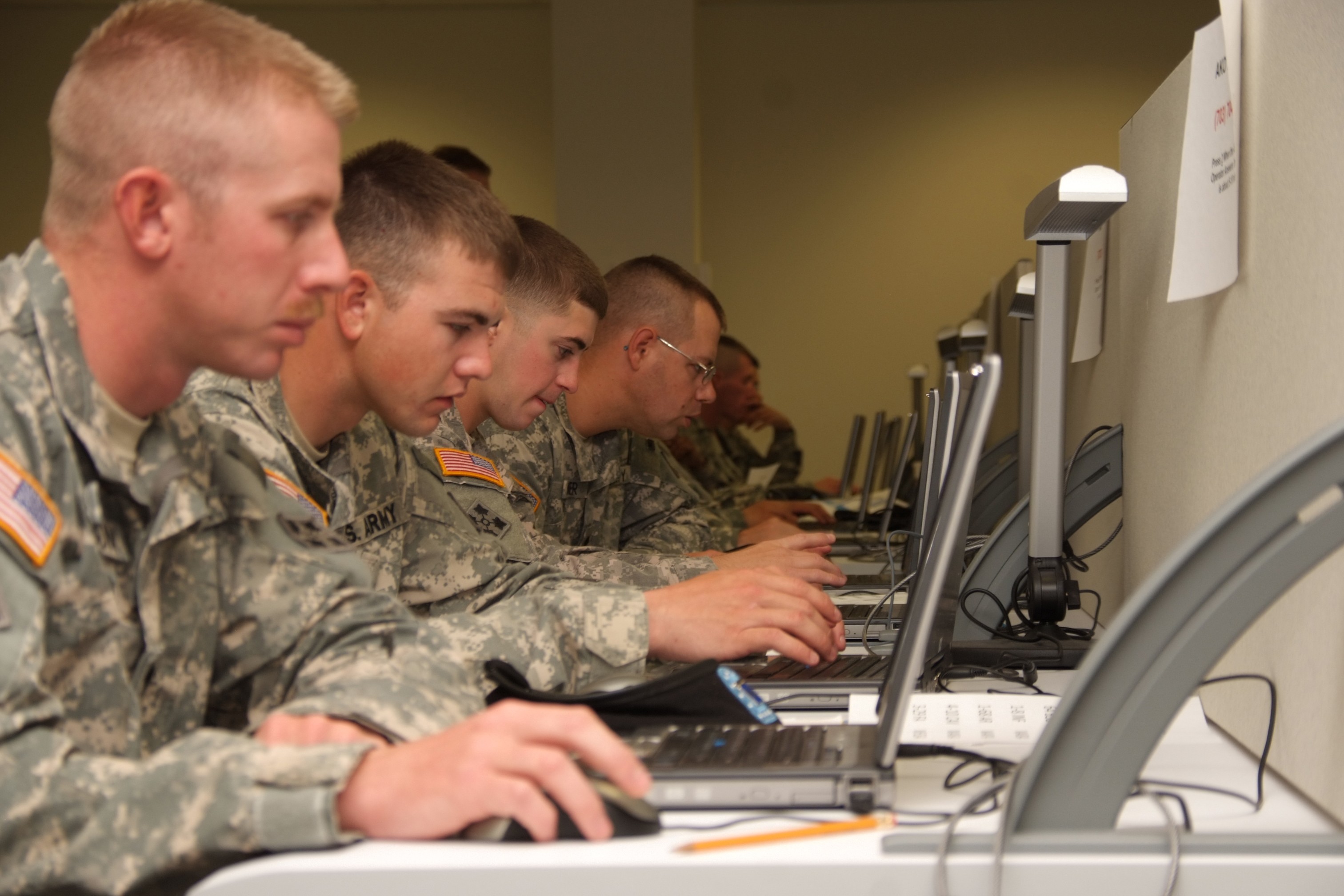
Social Sharing